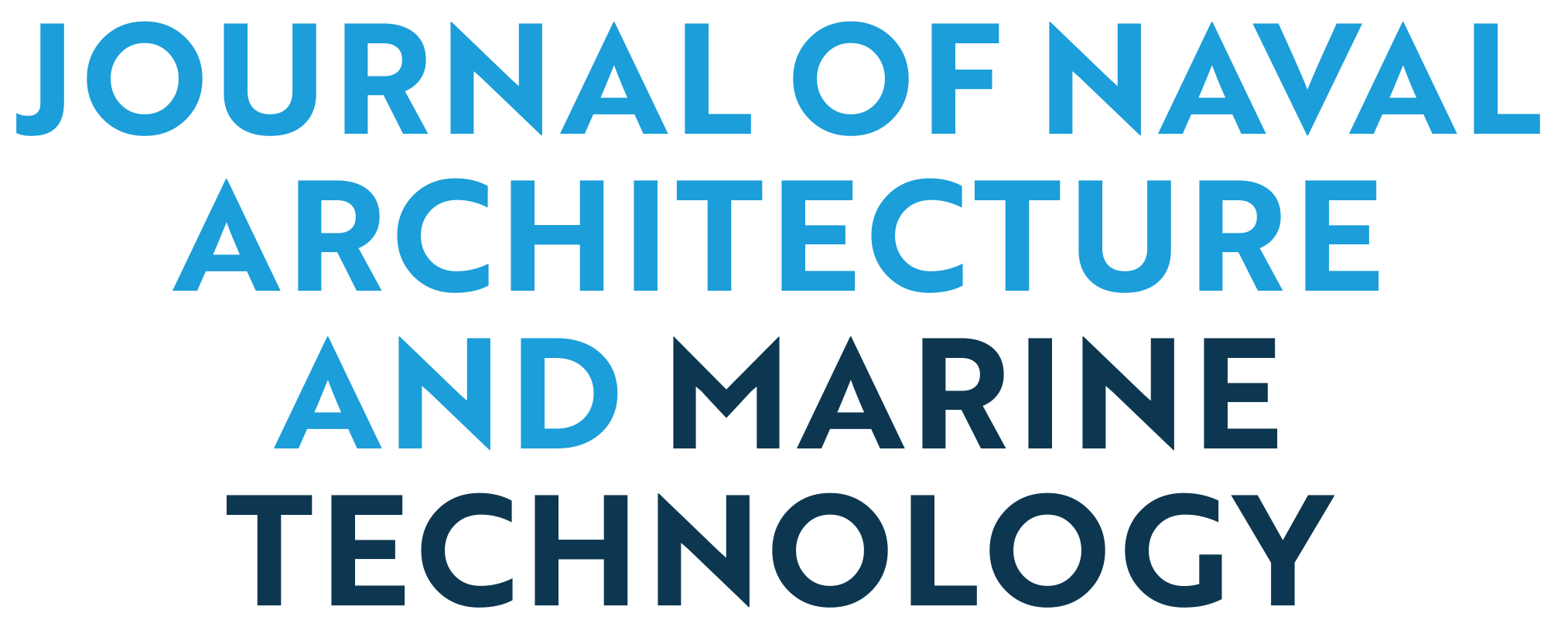ABSTRACT
The share of emissions originating from maritime transport, which has the largest share in the transportation of global trade in terms of tonnage and value, in the world total is increasing day by day. The International Maritime Organization has published regulations to reduce exhaust gas emissions from ships to prevent this trend. According to these regulations, the emission rates of various harmful gases originating from ships will be further reduced over the years. In this framework, currently, the intensely competitive field of the maritime transport market will expand. In this context, the resource-based view, which argued that businesses can gain a competitive advantage by developing their resources, can guide maritime enterprises in terms of adaptation to the development of fuel technology. In this study, alternative marine fuels that neutralize carbon within the scope of the IMO 2050 rules have been evaluated from various aspects. Among the alternative fuels, natural gas, methanol, ammonia, diesel, hydrogen liquid, and hydrogen were discussed and their features as technical, economic, logistics, etc. were detailed. Within the scope of the evaluation, the strengths and weaknesses of the alternatives were revealed from various perspectives. In addition, the related fuels are listed using the TOPSIS method within the scope of some technical specifications. According to the results of the study, it was revealed that diesel fuel is the best option for ships from a technical point of view, followed by hydrogen and natural gas. The fact that hydrogen is technically almost as effective as diesel offers an important advance for the detection of carbon-free ship fuel of the future. In this context, alternative ship fuels have been discussed in terms of both technical features and competitive advantage, contributing to the theory. A cognitive framework was presented to the practitioners by providing information on the use, supply, and storage of alternative fuels.


